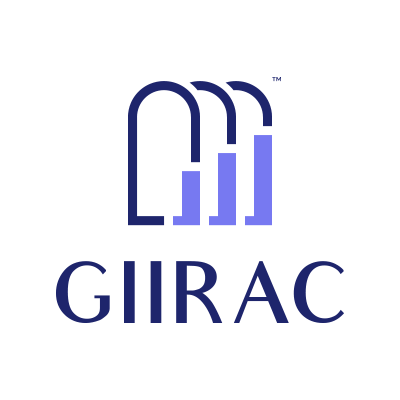According to the “countrymeters” the current female population of Iraq is 49.8% which means that almost half the Iraqi consumers are women. Considering the dominant culture in Iraq there should usually be different messages for men and women in advertisements. Also, gender inequity causes businesses to make different plans and take various marketing strategies for men and women in a country such as Iraq.
However, in recent years, there have been notable changes in the cultural, social, and economic life of women in Iraq that can affect their buying decision and consumer behavior.
After the recent violence caused by Daesh was stopped, Iraqi women have rather managed to break some barriers, gain social status and employment opportunities, as well as participate in political and economic activities.
Is it law or culture?
In Iraq, it is not governmental law that restricts women but Iraq’s culture and society limit women’s roles. So, recent social activists focused on marketing campaigns that market women’s opportunities in society and improve the role of women in society. On the other hand, culture and social class impact consumer behavior.

There needs to be innovative research on gender and consumer behavior with topics relevant to women’s studies in Iraq. Gender role is a core component of identity and thus holds significant implications for how consumers behave in the marketplace. As a result, Iraq market research focusing on women is unavoidable for businesses that want to gain a notable share of the Iraq market and develop marketing strategies.
Women empowerment in Iraq and its effect on their consumer and buying behavior
In recent years, strategies have been used, nationally and internationally, for women’s empowerment especially women’s economic empowerment. Women empowerment opens up opportunities for women to enter society and the world of work to change their lives and enhance their social roles. These independent women are consumers who takes their purchasing decisions.

Women’s empowerment in the field of economics and work allows women to have choices, which in turn means increasing relative buying power for them. In fact, women’s empowerment leads to their consumption empowerment. First, women’s consumption empowerment is derived from greater resources of information. second, consumption empowerment of women is defined as a subjective experience caused by perceptions of increased control through choices.
Women’s economic empowerment changes consumption patterns and could deliver additional consumption growth in Iraq.
Generally, women’s income and social class affect their buying decisions and consequently businesses’ marketing strategies in the marketplace. Thus, businesses need to gain information about tools and processes used for analyzing market opportunities to develop a customer-centric marketing approach.
Social Media and consumption behavior of Iraqi women
Audiences are turning away from traditional media in favor of social media in Iraq. In Iraq, Facebook is used usually to search and gain information. Also, Instagram is another fast-growing social media, especially among young women.
Social media can influence women’s consumer behavior and their buying decision in different stages including the search for information, evaluation of alternatives, final decision, and post-purchase decisions.
Social media platforms have increased the women’s ability to communicate with one another, in which has profoundly influenced consumer behavior and has strengthened consumers with the power they have not previously experienced in the traditional marketplace.
How GIIRAC can help you?
In our recent research women have joined different research and answered questions about how to apply gendered implications of how products and services should be marketed. By analyzing advertising messages that are received by women, businesses can be aware of the power of marketing and impacting women’s attitudes and their decision-making.
GIIRAC can help you adopt a successful marketing strategy and develop their businesses offering goods and services to women as half of the Iraqi consumers.
